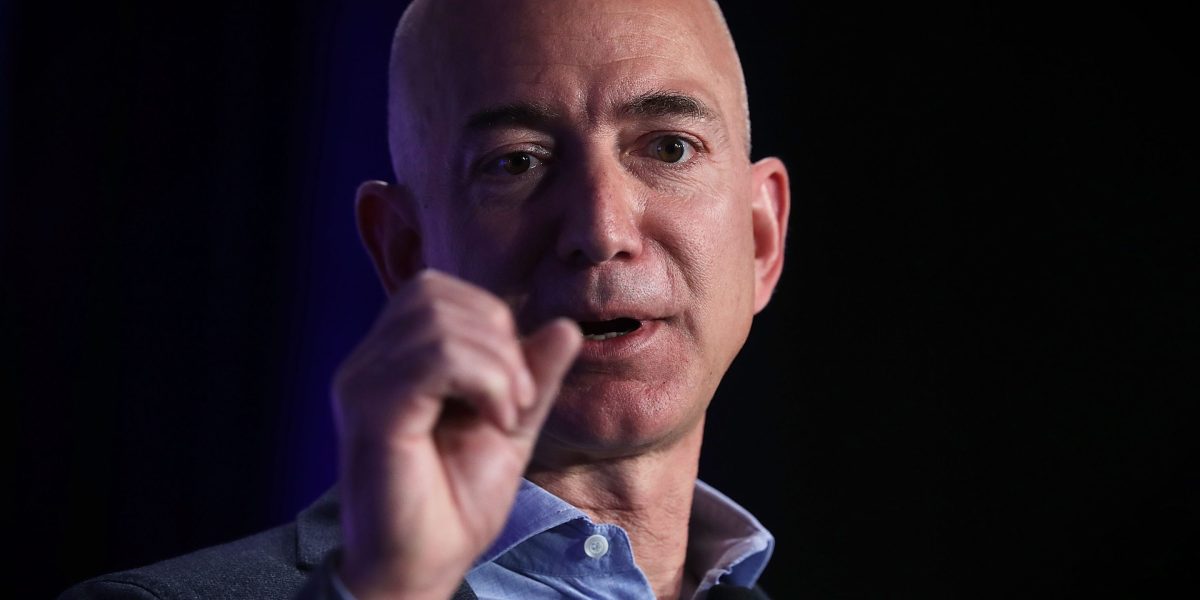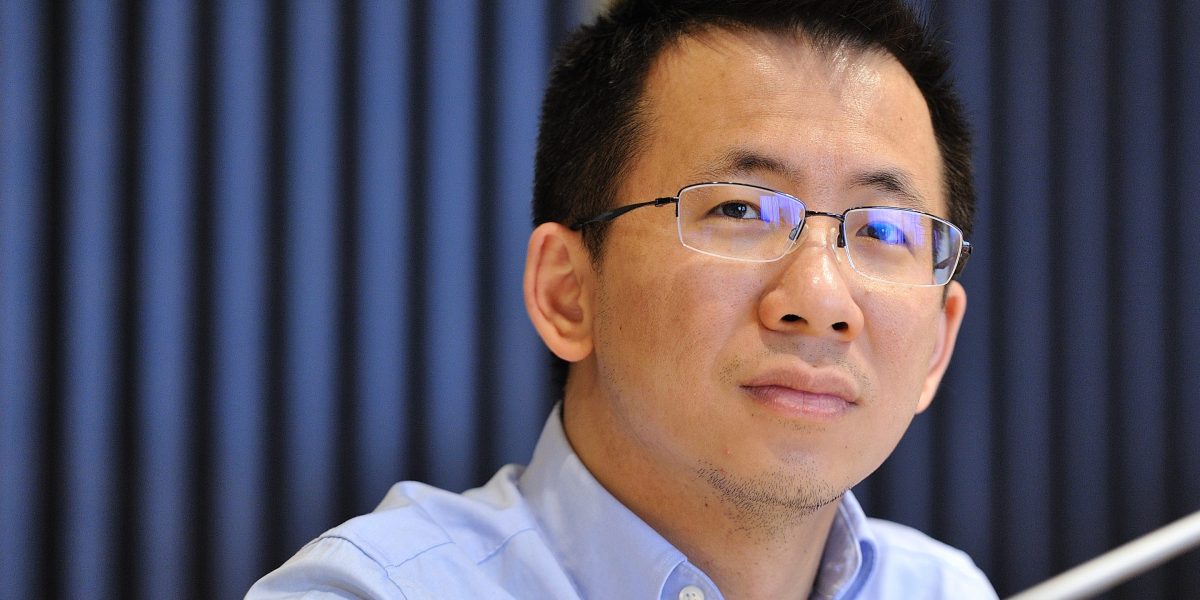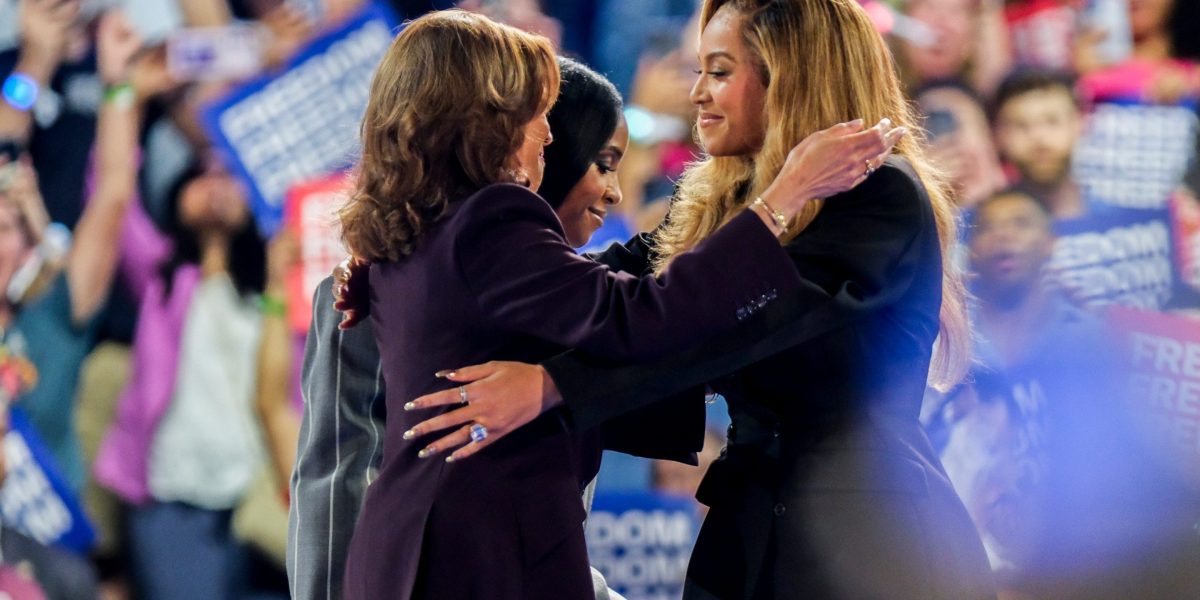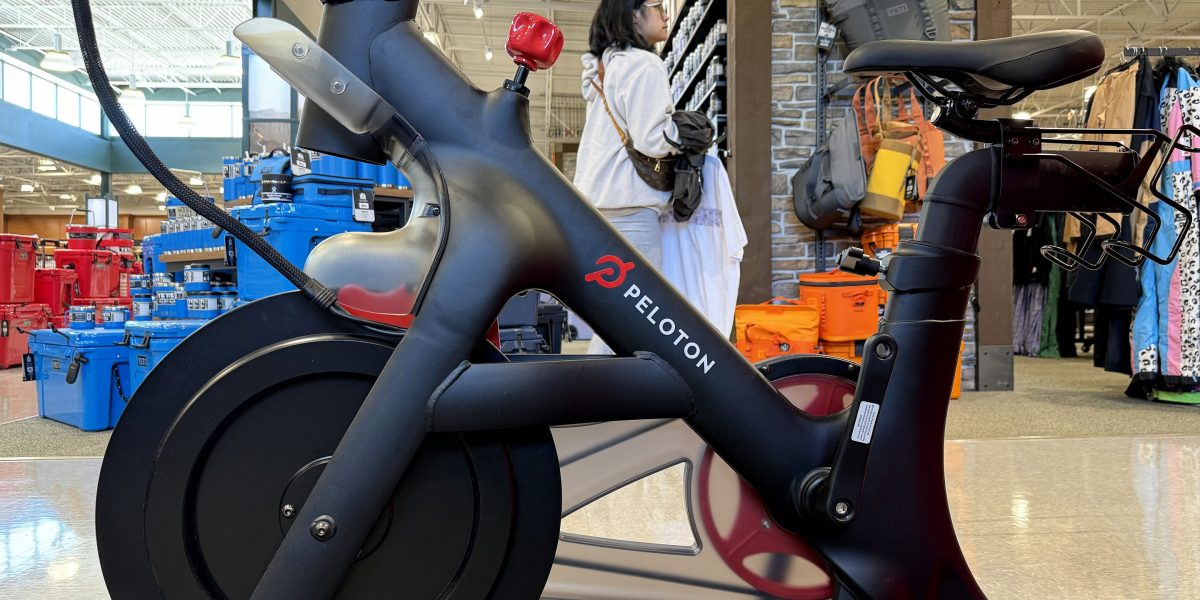
A longtime advisor to Jeff Bezos at Amazon criticized as “cowardly” the last-minute decision by Washington Post leadership to abandon presidential endorsements and said he believes the move reflected a classic Bezos business principle about protecting your self-interest by avoiding unnecessary mistakes.
While Bezos has said that canceling the Post’s endorsement of Kamala Harris was a “principled decision” taken to improve public trust in the media, the explanation came off as incomplete at best, and dubious at worst, to ex-Amazon PR chief Craig Berman, who pointed to Bezos’s interest in Blue Origin, his competition with Elon Musk, and fear of the consequences should Trump win the White House as likely contributing motives for ending the Post’s endorsements.
“I would characterize it as a very convenient principle,” Berman told Fortune exclusively of Bezos’s reasoning.
Bezos broke his silence about the scandal on Monday, writing in a Washington Post “note from the owner” that legacy media outlets like the one he owns are suffering from a media distrust crisis—and that publishing a presidential endorsement would make it worse.
“What presidential endorsements actually do is create a perception of bias. A perception of non-independence,” he wrote. While Bezos acknowledged that the timing—less than two weeks before the election—looked bad, he said it was a result of “inadequate planning, and not some intentional strategy.”
Reflecting on what he learned about Bezos from working alongside the Amazon founder for nearly 15 years, Berman says he would be shocked if the future of Bezos’s rocket company, Blue Origin, did not play a significant role in the decision.
“It’s personal; it’s his baby,” Berman said of Bezos and his space company. “That’s the one that matters to him right now.”
Bezos has spoken often about the meaning of the company to his legacy and characterized the company’s mission in existential terms. “We have to go into space to save Earth,” he has said.
But Blue Origin still needs revenue to operate, and government contracts are a major source of funding for the rocket company. Blue Origin has a $3.4 billion NASA deal to build a lunar “lander” and competes with Elon Musk’s SpaceX not only for government deals, but also for talent and launchpads as well.
The problem for Bezos is that Musk has recently remade himself as a staunch Trump ally, endorsing the former president in July, and donating more than $100 million to him and other Republican candidates. The Tesla and SpaceX chief executive, who also owns the company formerly known as Twitter, has also made appearances at multiple Trump rallies this month. Trump has even said, whether believable or not, that he would task Musk with leading an initiative to slash government spending if the former president were to be reelected.
And Musk, according to Berman, “has always been a thorn” in Bezos’s side.
“You can’t ignore the Elon context,” Berman said in the interview with Fortune. “He’s 100 percent Trump’s guy, and I could imagine Jeff sitting there looking at this like, ‘Oh man, if Trump wins, it’s bad enough because Elon has been with him this whole time. But if we endorse Harris too…that’s a self-inflicted error.’ And at Amazon, he always talked about hating the self-inflicted wounds.”
In short, Berman imagines Bezos worrying much more about the long-term future of Blue Origin, and what he believes it represents for the future of humanity, than what he might believe will only be short-term furor from readers over his newspaper not endorsing Kamala Harris, as the Washington Post editorial board planned to do.
Such a theory has gained momentum after the Associated Press reported that Blue Origin’s CEO, a former Amazon executive by the name of Dave Limp, had a brief meeting with former President Donald Trump on the same day as the WaPo endorsement announcement.
Bezos insisted in his op-ed on Monday that there was no quid pro quo and that neither candidate nor their teams had been apprised of the Post’s decision before it was made. He admitted that he “sighed” when he learned of Trump’s Blue Origin meeting, claiming that he was unaware of the gathering and that Limp had only learned of the plans that same morning.
“I sighed when I found out, because I knew it would provide ammunition to those who would like to frame this as anything other than a principled decision,” Bezos wrote.
Prior to publication of the op-ed, Berman had predicted in a conversation with Fortune that his former boss would be peeved by that timing.
“It was complete Keystone Cops,” Berman said. “How do you put that news out on the day Limp is meeting with Trump? I don’t even understand how clumsy that was. It would be something Jeff would be pissed about. That was something that will bug him.”
Bezos, on the other hand, sparred with Trump during his term as president. The former president frequently and publicly attacked Amazon’s delivery contract with the U.S. Postal Service, as well as the Washington Post’s coverage of him. Amazon, on the other hand, sued the Trump administration for allegedly scuttling a $10 billion government cloud-computing contract as a result of Trump’s gripes.
The presidential endorsement ban marks just the second time since 1976 that the Washington Post hasn’t endorsed a presidential candidate. (In 1988, the paper’s editorial board provided readers with a detailed explanation on why it wouldn’t endorse either candidate. A past Washington Post publisher also refused for the paper to endorse presidential candidates during a stretch in the 1930s and ’40s.) The paper’s editorial board, however, has published endorsements this year in some local congressional races, casting doubt on the official explanation from publisher and Bezos himself that endorsements “create a perception of bias.”
Either way, many furious readers have voted with their wallets, with NPR reporting on Monday that more than 200,000 subscribers—or at least 8% of the paper’s paying members—have canceled their memberships in just the handful of days since the Washington Post’s announcement. That number, however, would do little to impact Bezos’s thinking, Berman predicted.
“That is so not a problem for him,” Berman said. “The problem is if he endorses Kamala Harris and Trump wins, his Blue Origin business is fucked.”
Berman spent more than 14 years at Amazon in top PR roles, including nearly a decade as the head of communications for the entire company. Early in his career, he helped run campaigns for congressional candidates.
Berman, like many observers, insisted that it would be a lot easier to believe that Bezos is being fully transparent if the decision not to endorse had been made and announced months or even years ago. Bezos said he regretted the timing of the decision, but chalked it up to mere “inadequate planning, and not some intentional strategy.”
“You keep coming back to the timing, and it just opens up all the other speculative avenues that let your brain wander,” the former Bezos advisor said.
Berman added that whether the decision was fully Bezos’s or not, it was “cowardly.”
“If you just want to do straight news, get rid of the editorial boards,” he said. “But don’t pick and choose your editorial battles that you decide you want to fight. I think it’s BS. Part of what makes the press free is the ability to take a point of view. I just don’t think you can have it both ways.”
Join business’s brightest minds and boldest leaders at the Fortune Global Forum, convening November 11 and 12 in New York City. Thought-provoking sessions and off-the-record discussions feature Fortune 500 CEOs, former Cabinet members and global Ambassadors, and 7x world champion Tom Brady–among many others.
See the full agenda here, or request your invitation.




